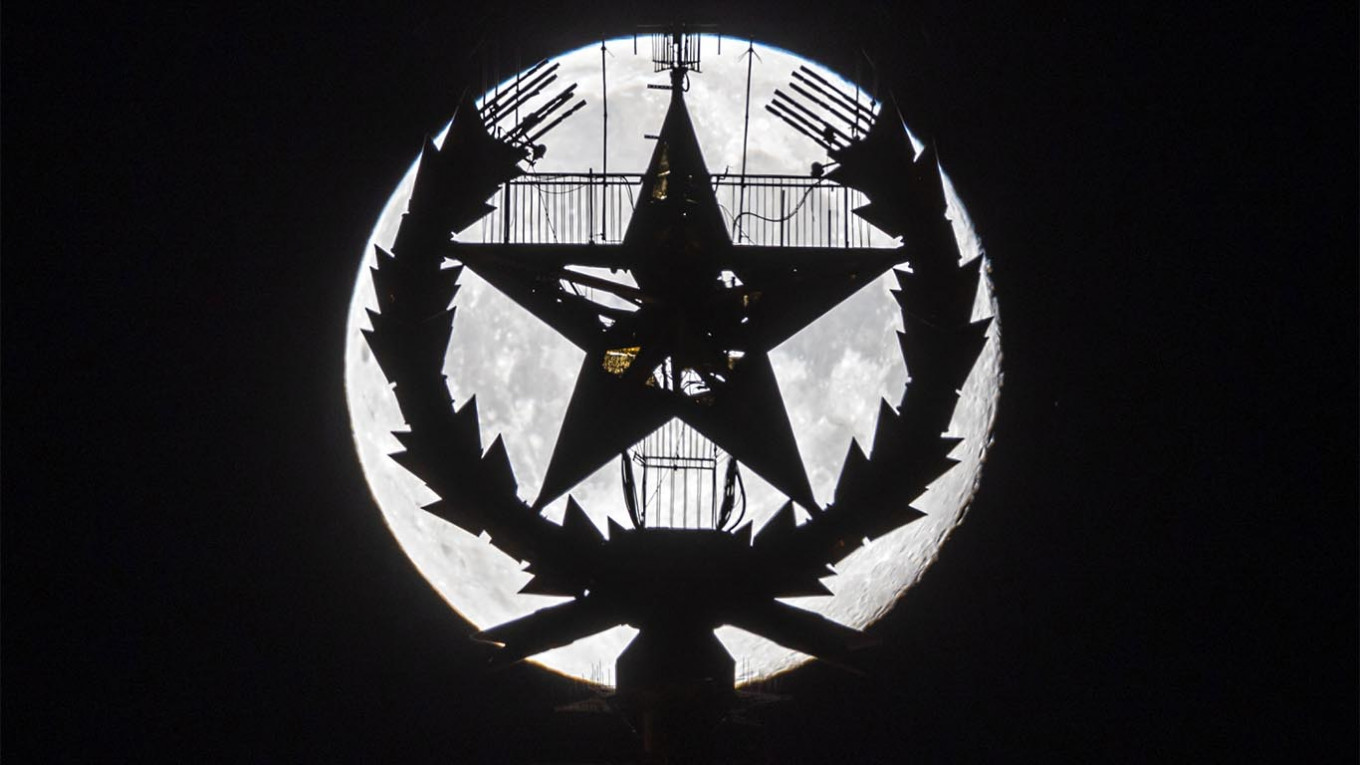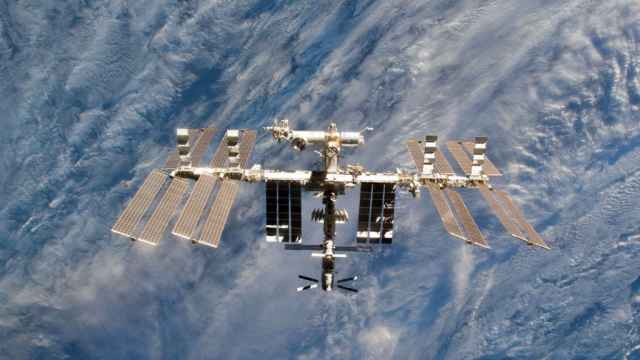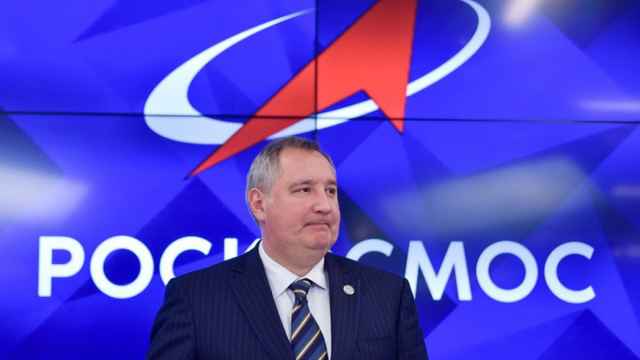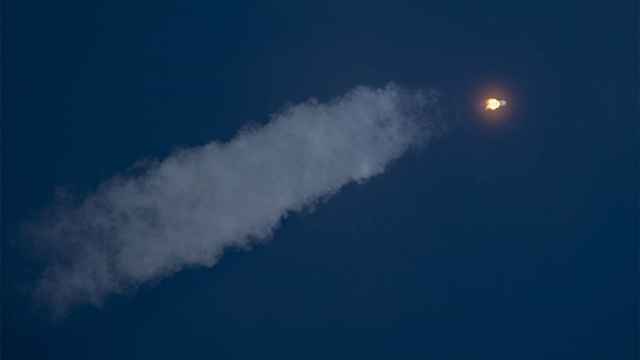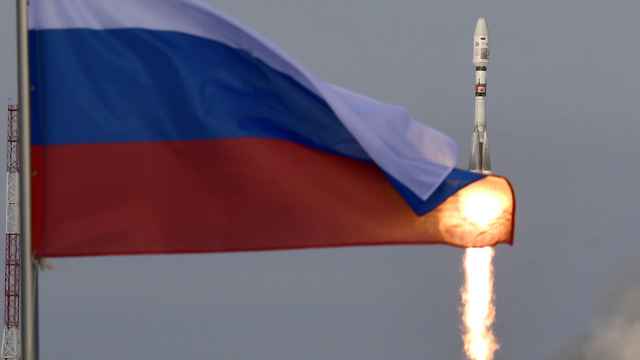Russia will not be an early partner in the United States’ international agreement on moon mining rights it seeks to negotiate with other countries in the coming weeks, Reuters reported Tuesday.
The Trump administration’s so-called Artemis Accords agreement reportedly seeks to establish “safety zones” around future moon bases to prevent damage or interference from rivals, Reuters cited unnamed people familiar with the proposed pact as saying. U.S. President Donald Trump last month signed an executive order allowing commercial lunar mining, a move that Moscow compared to colonialism.
The U.S. Defense Department increasingly views Russia as a hostile spacefaring country due to its “threatening” satellite movements toward U.S. spy satellites and as a result won’t include Moscow in early Artemis Accords negotiations, Reuters cited its sources as saying.
The U.S. Space Force has in recent months accused Russia of testing an anti-satellite weapon and of deploying its own satellites to follow an American satellite in a “disturbing” manner.
U.S. officials reportedly plan to formally negotiate the Artemis Accords with Canada, European countries, Japan and the United Arab Emirates in the coming weeks. The Trump administration views them as having “like-minded” interests in lunar mining.
A Reuters source denied that the deal amounts to “some territorial claim.”
“The idea is if you are going to be coming near someone’s operations, and they’ve declared safety zones around it, then you need to reach out to them in advance, consult and figure out how you can do that safely for everyone,” they were quoted as saying.
The Artemis Accords pact is also expected to trigger controversy with rival China, Reuters reported.
The U.S. and Russia have been pursuing plans in recent years to return to the moon and explore further into outer space.
NASA’s multibillion-dollar Artemis program seeks to land people on the moon by 2024 and begin exploration by 2028, while Russia’s Roscosmos space agency plans to establish a long-term base there in the next two decades.
A Message from The Moscow Times:
Dear readers,
We are facing unprecedented challenges. Russia's Prosecutor General's Office has designated The Moscow Times as an "undesirable" organization, criminalizing our work and putting our staff at risk of prosecution. This follows our earlier unjust labeling as a "foreign agent."
These actions are direct attempts to silence independent journalism in Russia. The authorities claim our work "discredits the decisions of the Russian leadership." We see things differently: we strive to provide accurate, unbiased reporting on Russia.
We, the journalists of The Moscow Times, refuse to be silenced. But to continue our work, we need your help.
Your support, no matter how small, makes a world of difference. If you can, please support us monthly starting from just $2. It's quick to set up, and every contribution makes a significant impact.
By supporting The Moscow Times, you're defending open, independent journalism in the face of repression. Thank you for standing with us.
Remind me later.


